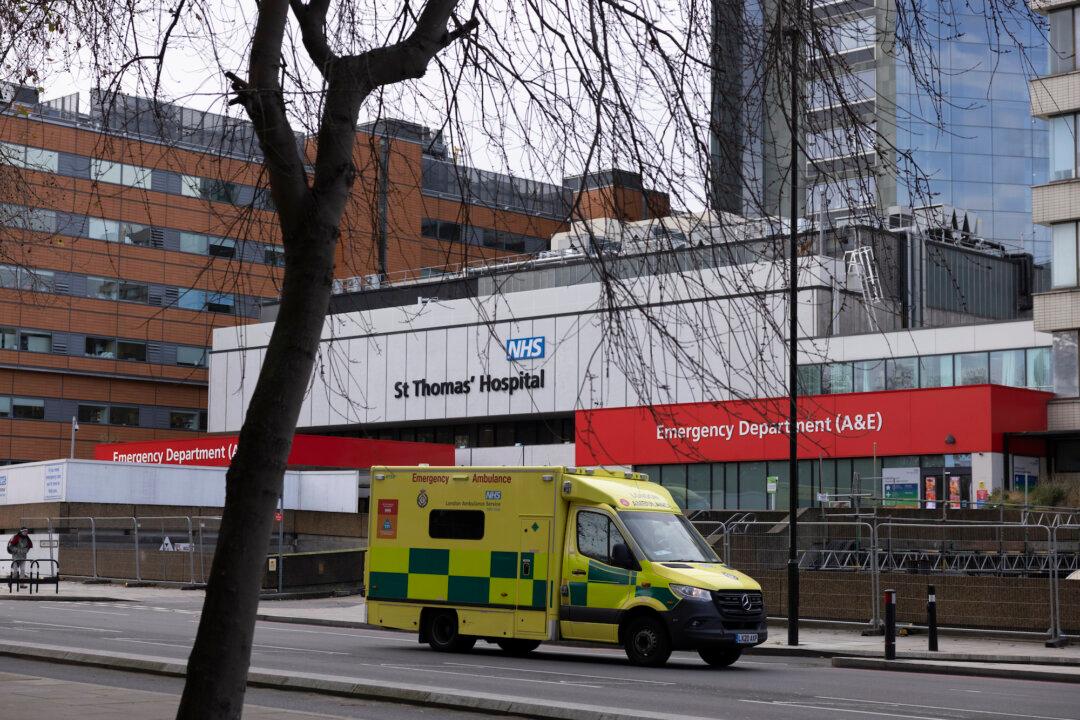Thousands more heart attacks and strokes may occur in Britain as almost half a million missed the opportunity to start taking blood pressure drugs during the COVID-19 pandemic, a study suggested.
The article, which was published on Jan. 19 in Nature Medicine, also said thousands could have missed out on cholesterol-reducing drugs every month.





